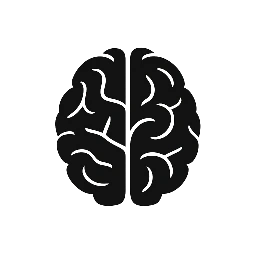
Anxiety is a common mental health condition that affects millions of people worldwide. Recognising and addressing anxiety early can prevent it from becoming more severe and improve overall well-being. This article will guide you through the signs of anxiety and effective strategies to manage it.
Recognising Early Signs of Anxiety
- Physical Symptoms: Anxiety often manifests physically. Early signs include increased heart rate, sweating, trembling, dizziness, headaches, and muscle tension.
- Emotional Symptoms: Feelings of excessive worry, fear, irritability, restlessness, or a sense of impending doom can indicate anxiety.
- Behavioural Changes: Avoidance of certain situations, difficulty concentrating, changes in sleep patterns, and withdrawal from social activities may be early warning signs.
- Cognitive Symptoms: Racing thoughts, difficulty focusing, and persistent negative thoughts are common in anxiety.
Addressing Anxiety Early
- Acknowledge Your Feelings: Recognise that anxiety is a normal stress response, but should not control your life.
- Practice Mindfulness: Techniques such as meditation, deep breathing, and progressive muscle relaxation can help calm the mind.
- Maintain a Healthy Lifestyle: Regular exercise, balanced nutrition, and adequate sleep contribute to mental health.
- Limit Stimulants: Reduce intake of caffeine, nicotine, and alcohol as they can exacerbate anxiety symptoms.
- Seek Support: Talk to trusted friends, family, or mental health professionals about your feelings.
- Cognitive Behavioural Therapy (CBT): This effective therapy helps identify and change negative thought patterns associated with anxiety.
- Medication: In some cases, healthcare providers may recommend medication to manage anxiety symptoms.
When to Seek Professional Help
If anxiety interferes with daily functioning, causes significant distress, or leads to panic attacks, it is essential to seek professional help promptly.
Conclusion
Early recognition and management of anxiety can lead to better outcomes and improved quality of life. By understanding the signs and taking proactive steps, individuals can effectively address anxiety before it escalates. Remember, seeking help is a sign of strength, not weakness.

Leave a Reply